With the launch of the James Webb Telescope, this edition of Pioneers in Science honors an integral member of its mission: John Mather.
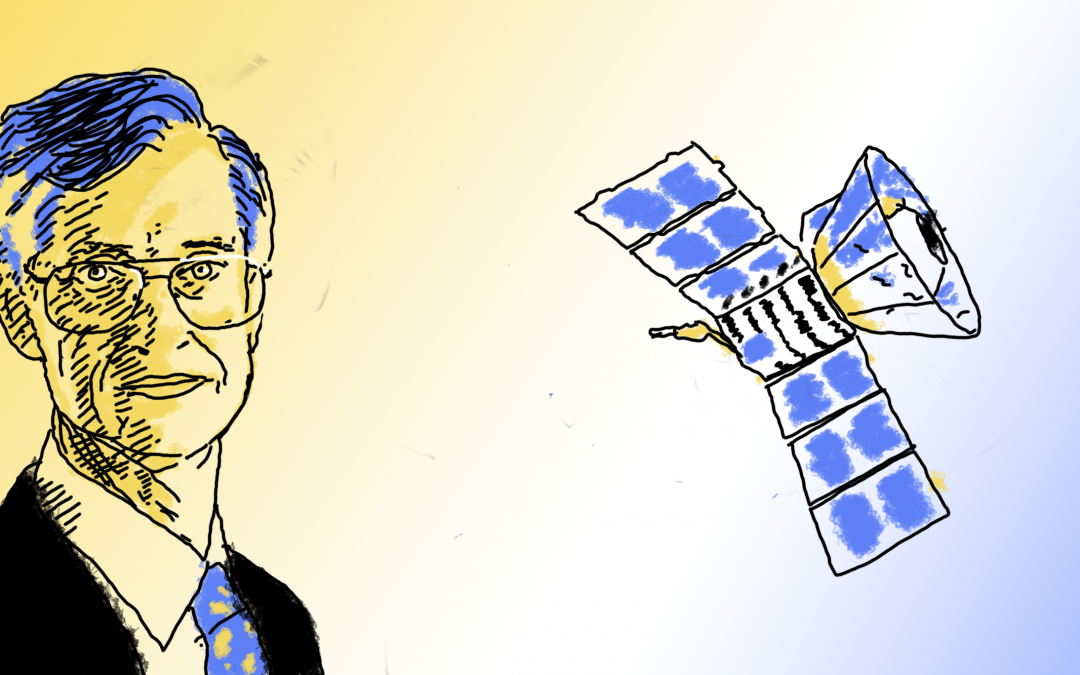

With the launch of the James Webb Telescope, this edition of Pioneers in Science honors an integral member of its mission: John Mather.

Crowd opinion tends to fall in line with professional fact-checkers, and a new study illustrates how that can be used to fact-check the news.
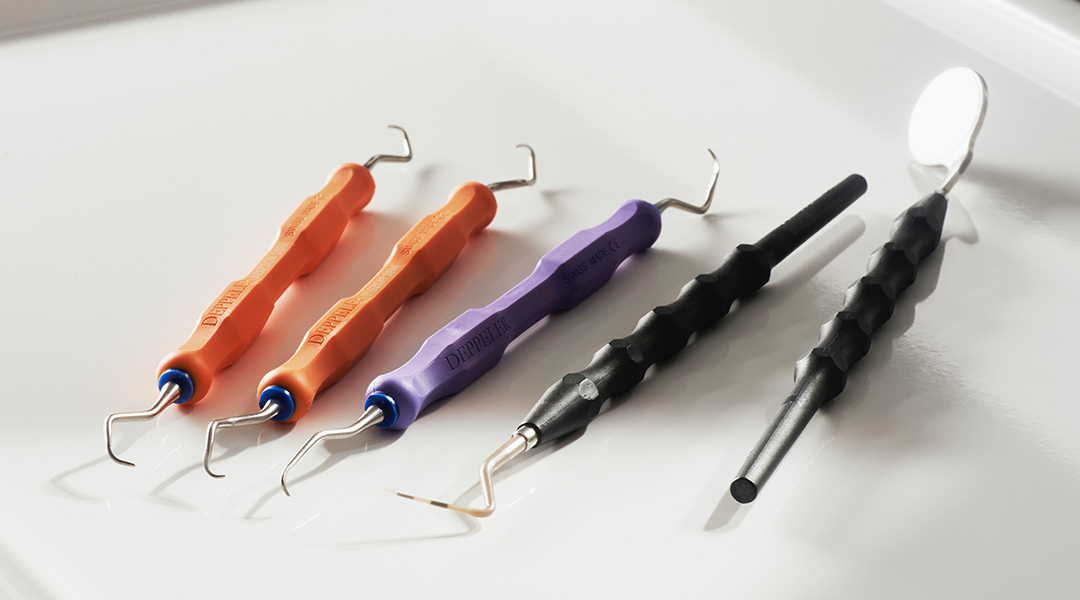
A charged microneedle patch for pain-free delivery of anesthetics could replace anxiety-inducing needles in dental work.
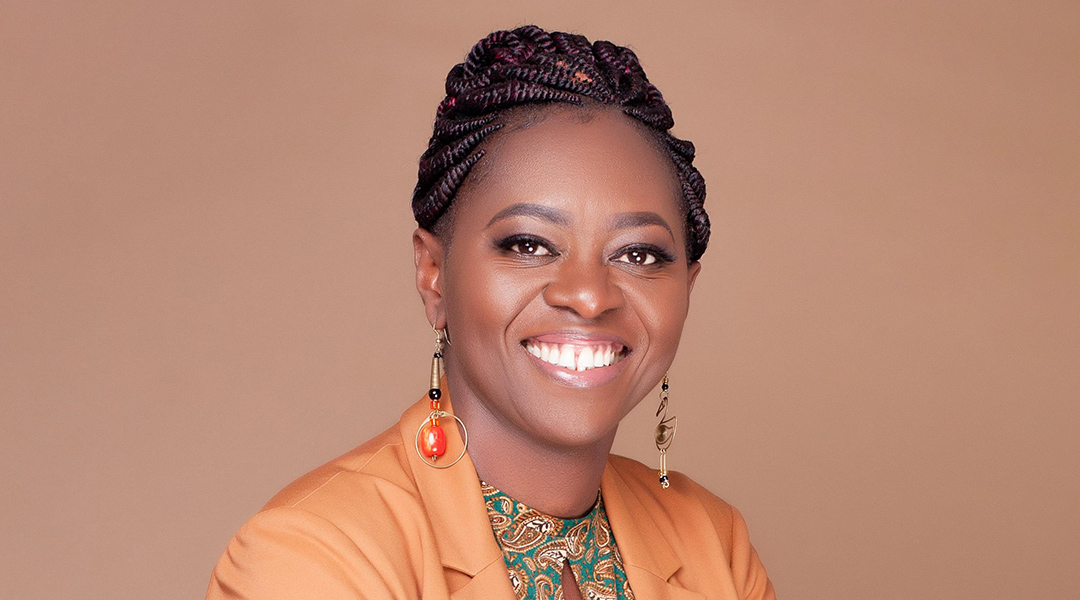
With research groups spread over two continents, Osier is striving to eliminate malaria through her groundbreaking work in immunology, advocacy and awareness.

A new, open-source platform allows scientists to easily measure the carbon footprint of their computations.
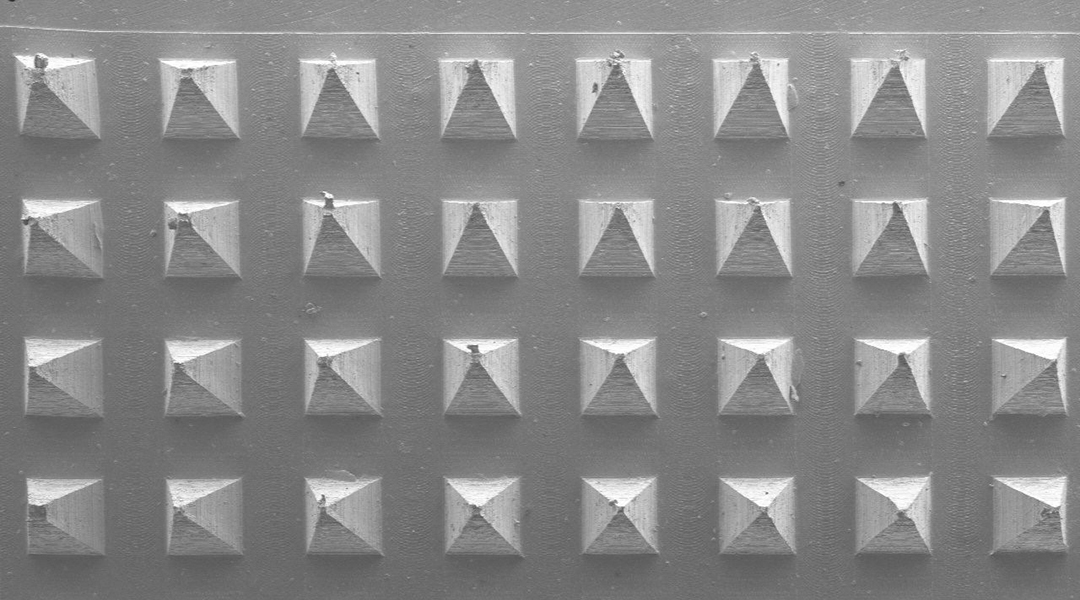
Minimally invasive delivery of capsaicin into adipose tissues under the skin shows promise for countering obesity.
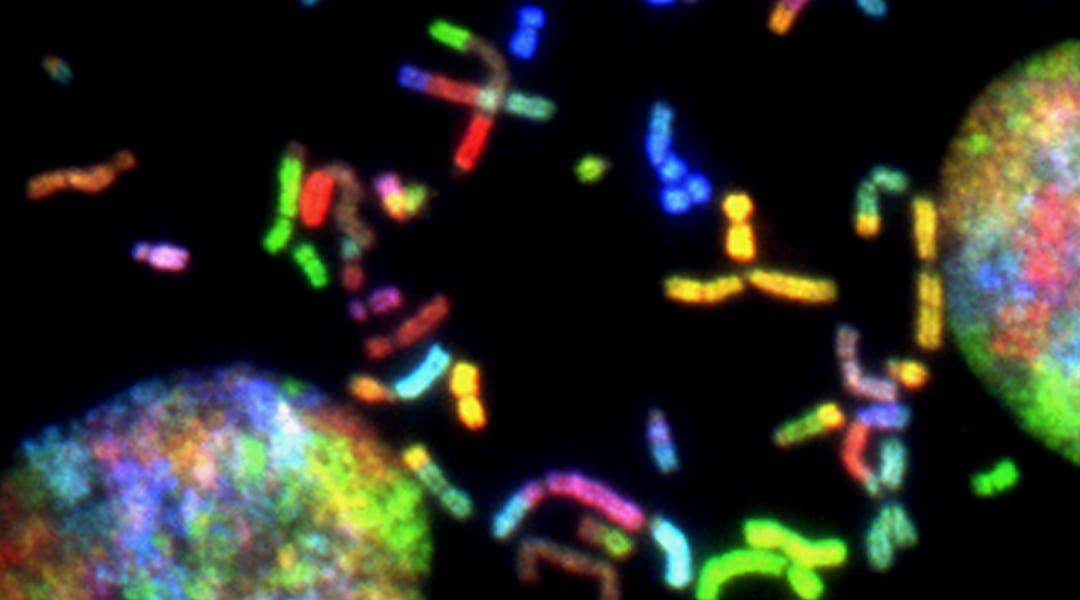
A new computational technique allows researchers to model biological processes with better accuracy and at a lower computational cost.

Deliberate decline in carbon-intensive practices is currently taking shape as a new way to confront climate change.
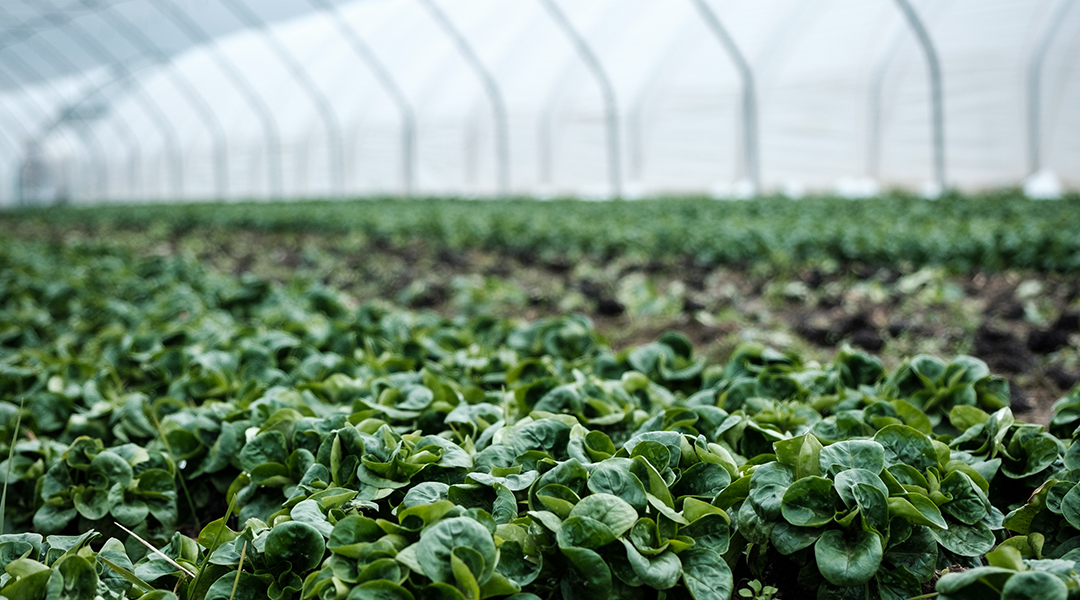
Semi-transparent solar cells allow plants and solar energy to be efficiently generated on the same crop land.
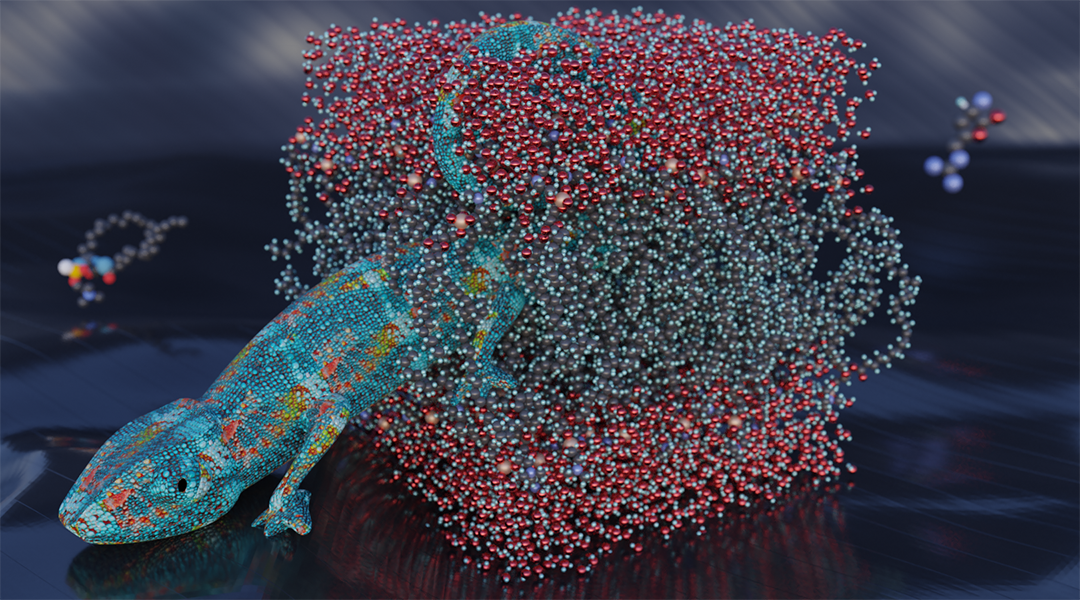
Computational methods allow researchers to delve deeper into molecular processes, beyond what can easily be achieved with current experimental techniques.